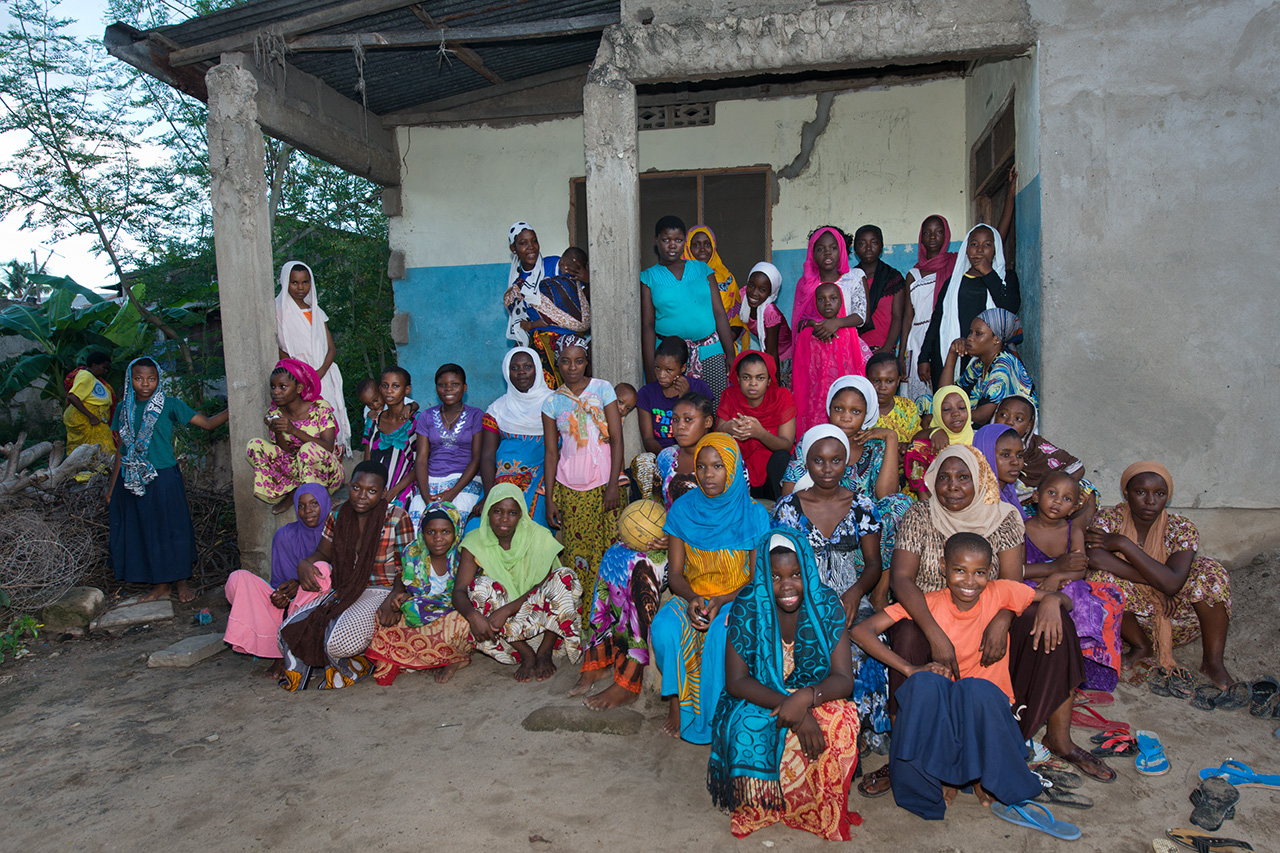Equity starts with learning
The Medtronic Foundation’s Learning Community brings together nonprofits across three continents to build collective knowledge and advance patient-centered health improvements in underserved communities.

By Jessica Daly
This piece was originally published in Stanford Social Innovation Review. It has been reposted below.
The health, economic, and social justice crises of 2020 are reshaping the future of both community and social services. The coronavirus pandemic has touched every corner of the world. For the global health community, it has redefined how care is delivered to high-risk communities, how we define risk, and how we address the power structures and root causes that create risk, vulnerability, and inequity.
Since the pandemic reached the United States, people of color have experienced disproportionately higher rates of hospitalizations and deaths. According to data from the US Centers for Disease Control and Prevention, Black Americans have a 2.6 times higher rate of cases, 4.7 times higher rate of hospitalization, and 2.1 times higher rate of deaths from COVID-19 than white Americans. Hispanic Americans have a 2.8 times greater rate of infections, 4.6 times greater rate of hospitalizations, and 1.1 times greater rate of deaths than white Americans.
The Medtronic Foundation aims to improve the health of underserved populations. But real change happens not because of funders. Real, sustained change is the result of the nonprofit organizations that transform financing to bridge communities and clinical care delivery in ways that address patients as people.
Muhammad Musa, MBBS, MPH | BRAC
BRAC provides health services to people living in poverty in 11 countries across Asia and Africa. Largely, these patients are living with chronic diseases like heart disease and diabetes, which means they are also at higher risk of complications if they contract COVID-19. We’ve found community-based outreach is essential to sharing information about COVID-19 and dispelling dangerous myths. Relying on our network of 50,000 community health workers (CHWs) and an additional 50,000 frontline staff and volunteers, we have shared knowledge on a massive scale—in areas where telecommunications are not available—through door-to-door outreach that promotes proper protection protocols, leafleting, and the use of megaphones on motorbikes. This effort has already reached more than 100 million people. We’ve also distributed hygiene products to more than 1.7 million people and personal protective equipment to 1.1 million people.
Jessica Daly is the Director of Global Health at Medtronic Foundation.